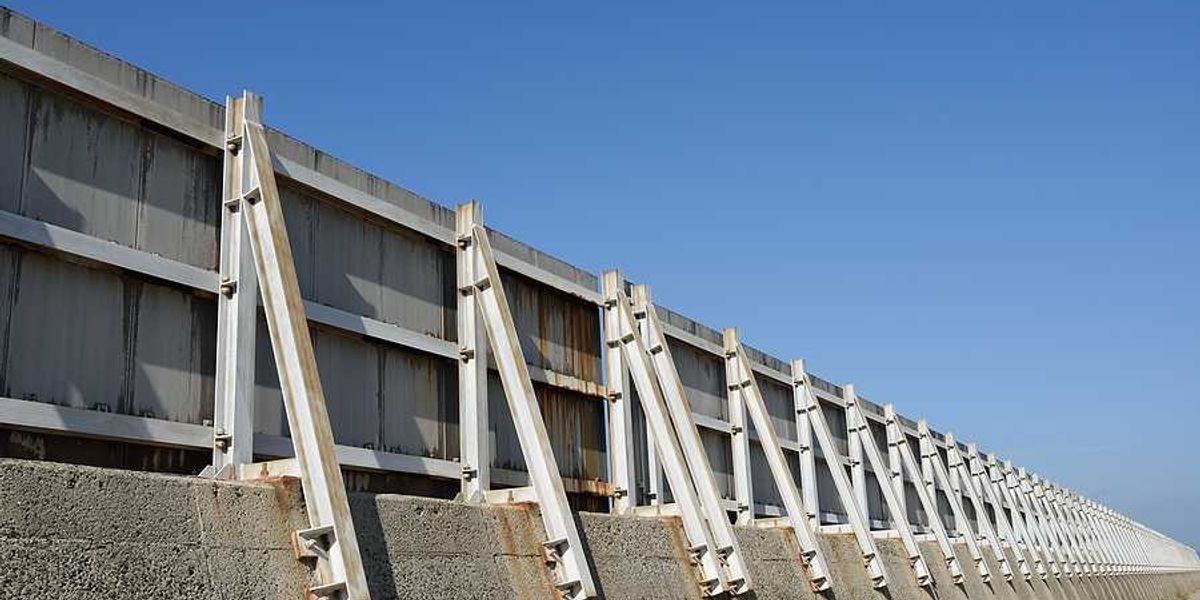Big Oil and Big Ag bank on methane from manure, but critics question the cost and climate benefits
A push to convert dairy farm manure into "biogas" has gained momentum thanks to federal and state subsidies, but critics argue the effort props up factory farming and diverts funding from more effective climate solutions.
Kenny Torrella reports for Vox.
In short:
- Biogas is created by biodigesters that capture methane from cow manure, marketed as a renewable energy source that can reduce emissions.
- Federal and state programs, bolstered by the Inflation Reduction Act, provide significant financial incentives for biogas production, benefiting large dairies and fossil fuel companies.
- Critics argue that biodigesters encourage larger factory farms, increasing methane emissions from cow burps and risking water pollution from leftover waste.
Key quote:
“These things are really expensive — the cost of constructing and operating biodigesters is 10 times the value of the gas that it produces, and so it’s a very inefficient way to produce gas.”
— Aaron Smith, agricultural economist, University of California, Berkeley
Why this matters:
Methane is a potent greenhouse gas, but critics say that biogas subsidies entrench factory farming instead of promoting sustainable agriculture. Investments in manure biodigesters may divert resources from cleaner technologies, reinforcing an industrial system that contributes to climate and local environmental harms.
Read more: Hog waste-to-gas: Renewable energy or more hot air?













